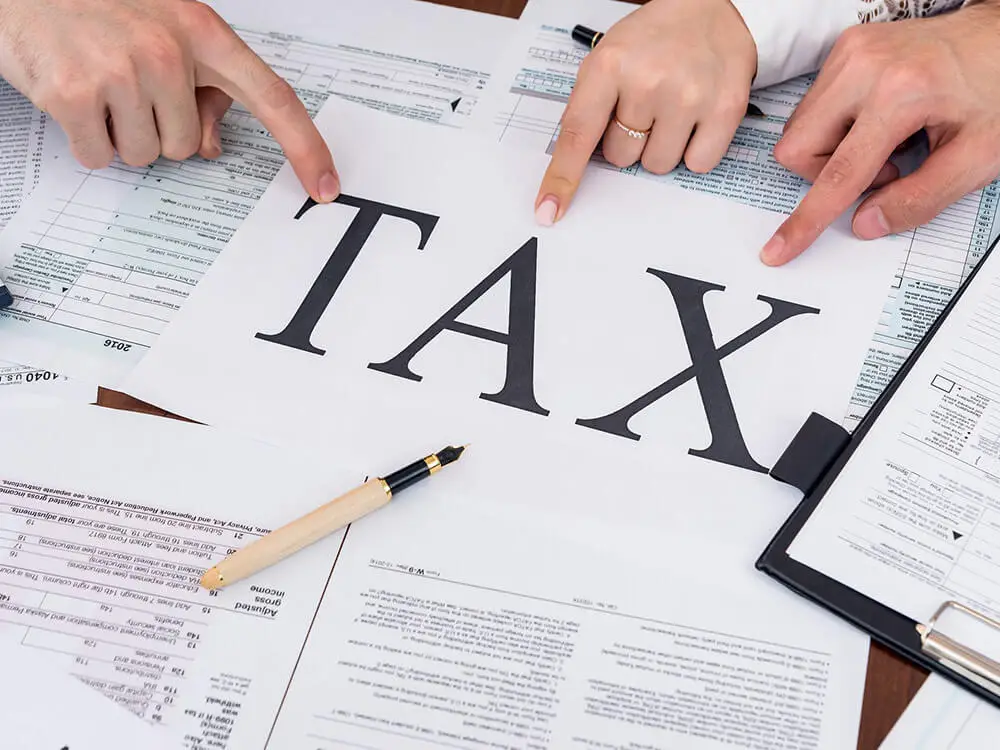Our Service
Lewis & Pecker

Excise Tax Services Dubai, UAE
Excise Tax is an indirect levy imposed on specific goods that are deemed harmful to human health or the environment. In the United Arab Emirates (UAE), Excise Tax was introduced in 2017 as part of the government’s initiative to promote healthier consumption habits and generate additional revenue for public services.
Goods Subject to Excise Tax
The UAE classifies the following items as excise goods:
- Carbonated Drinks: This includes any aerated beverage, excluding unflavored aerated water. It also encompasses concentrates, powders, gels, or extracts intended to be made into an aerated beverage.
- Energy Drinks: Beverages marketed or sold as energy drinks containing stimulant substances that provide mental and physical stimulation, such as caffeine, taurine, ginseng, and guarana. This category also covers any substances with similar effects and includes concentrates, powders, gels, or extracts intended to be made into an energy-enhancing drink.
- Tobacco and Tobacco Products: All items listed within Schedule 24 of the GCC Common Customs Tariff.
Effective from December 1, 2019, the scope of excise goods was expanded to include:
- Electronic Smoking Devices and Tools: All electronic smoking devices and tools.
- Liquids Used in Electronic Smoking Devices and Tools: Liquids intended for use in such devices and tools.
- Sweetened Drinks: Any product with added sugar or other sweeteners.
Excise Tax Rates
The applicable excise tax rates in the UAE are as follows:
- 50% on carbonated drinks.
- 100% on tobacco products.
- 100% on energy drinks.
- 100% on electronic smoking devices.
- 100% on liquids used in electronic smoking devices and tools.
- 50% on any product with added sugar or other sweeteners.
Purpose of Excise Tax
The primary objectives of implementing excise tax in the UAE are:
- Health Promotion: To discourage the consumption of products detrimental to health, thereby encouraging healthier lifestyle choices among residents.
- Environmental Protection: To reduce the use of products that negatively impact the environment.
- Revenue Generation: To raise funds that can be allocated to essential public services, enhancing the overall well-being of the community.
Obligations for Businesses
Businesses involved in activities related to excise goods are required to:
- Register for Excise Tax: Any business engaged in the import, production, or stockpiling of excise goods, or overseeing an excise warehouse or designated zone, must register with the Federal Tax Authority (FTA). There is no minimum threshold; thus, all businesses dealing with excise goods are obligated to register.
- File Excise Tax Returns: Registered businesses must file excise tax returns by the 15th day following the end of each tax period.
- Maintain Accurate Records: Businesses are required to keep detailed records of all transactions involving excise goods to ensure compliance and facilitate potential audits by the FTA.
Registration Process
To register for excise tax, businesses should:
- Create an EmaraTax Account: Sign up through the FTA’s website and activate the account.
- Access the EmaraTax Dashboard: Log in to the account to access the dashboard.
- Create a New Taxable Person Profile: Provide the necessary details to establish a taxable person profile.
- Register for Excise Tax: Navigate to the excise tax registration section and complete the registration process by providing all required information and documentation.
Payment of Excise Tax
After registration, businesses are obligated to file excise tax returns and make payments by the 15th day following the end of each tax period. The EmaraTax platform facilitates the digital submission of returns and payments, ensuring a streamlined process for taxpayers.

Have Any Question?
Our financial and accounting experts are eager to help you.

